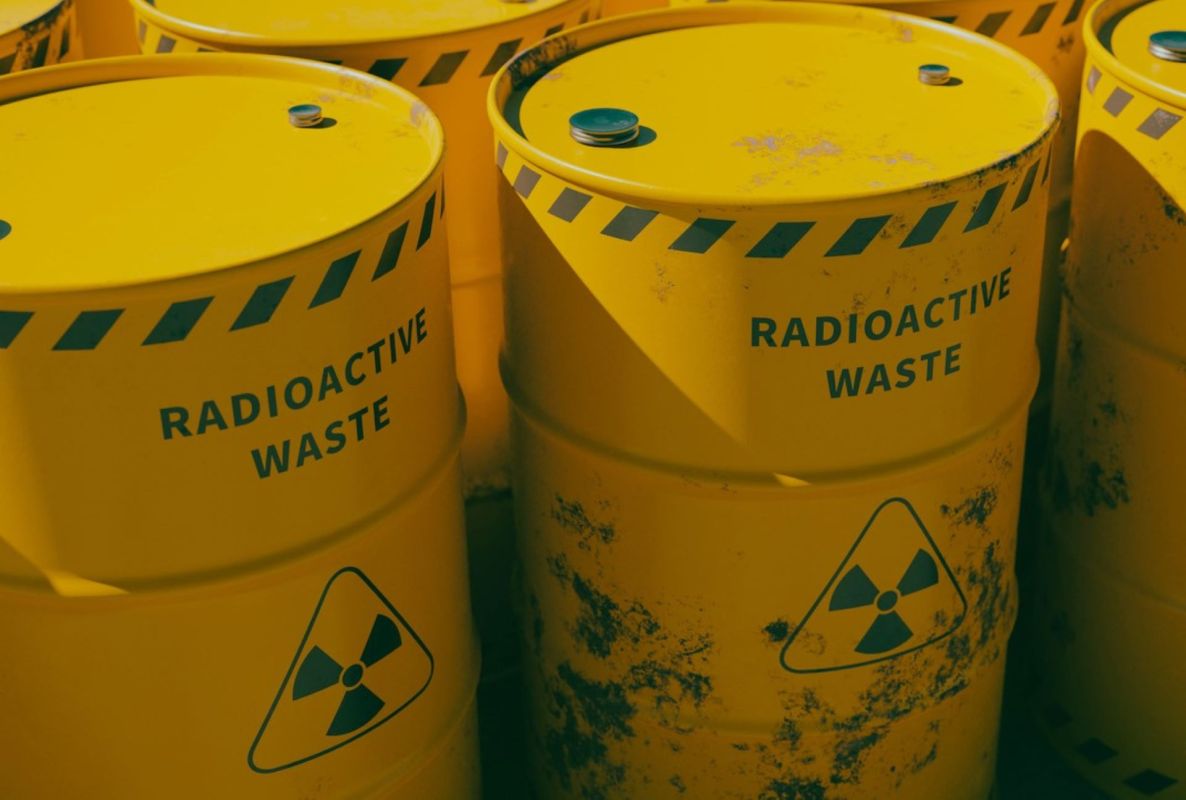Researchers from the University of Houston published a paper in July that could hold the solution to nuclear waste, ScienceDaily reported.
In 2015, the team made a discovery that led to the development of a new kind of tiny crystal. The team nicknamed this material "the Octopus" because it is shaped like a ring with eight additional rays branching out from it.
According to the research team, the Octopus can capture common byproducts from a nuclear reactor, such as iodine. Other substances can capture iodine, but the Octopus has some exciting new properties. When it was tested in an environment with two layers of fluid — one water-based and one organic — it was able to capture iodine inside either of the two solutions, as well as at the place where the two solutions met.
"When the material is deposited between the organic and aqueous layer, it essentially stops the transfer of iodine from one layer to another," Ognjen Miljanic, professor of chemistry and an author of the paper, told ScienceDaily. Apparently, that would protect nuclear reactor equipment from these harmful byproducts.
The Octopus would also allow the captured byproducts to be removed from the reactor, and the crystals themselves would be reusable afterward. This incredible new material is also cheap to make: around a dollar per gram in a lab, and probably even cheaper if it were being produced industrially.
Nuclear power has been controversial as a source of electricity. It doesn't produce heat-trapping air pollution like oil, gas, and coal, leading many to celebrate it as a clean energy source that would help lower the Earth's temperature. However, it does produce nuclear waste, and our management system for the most long-lasting types of waste is imperfect. A better waste management system would help the world safely switch to nuclear power while waiting for other options like solar, wind, and water to develop further.
The Octopus is still a long way from being used that way. It's still being tested, but according to ScienceDaily, Miljanic hopes to discover other uses for it, such as improving batteries.
"This is a type of simple molecule that can do all sorts of different things depending on how we integrate it with the rest of any given system," Miljanic said. "So, we're pursuing all those applications as well."
Join our free newsletter for weekly updates on the coolest innovations improving our lives and saving our planet.








